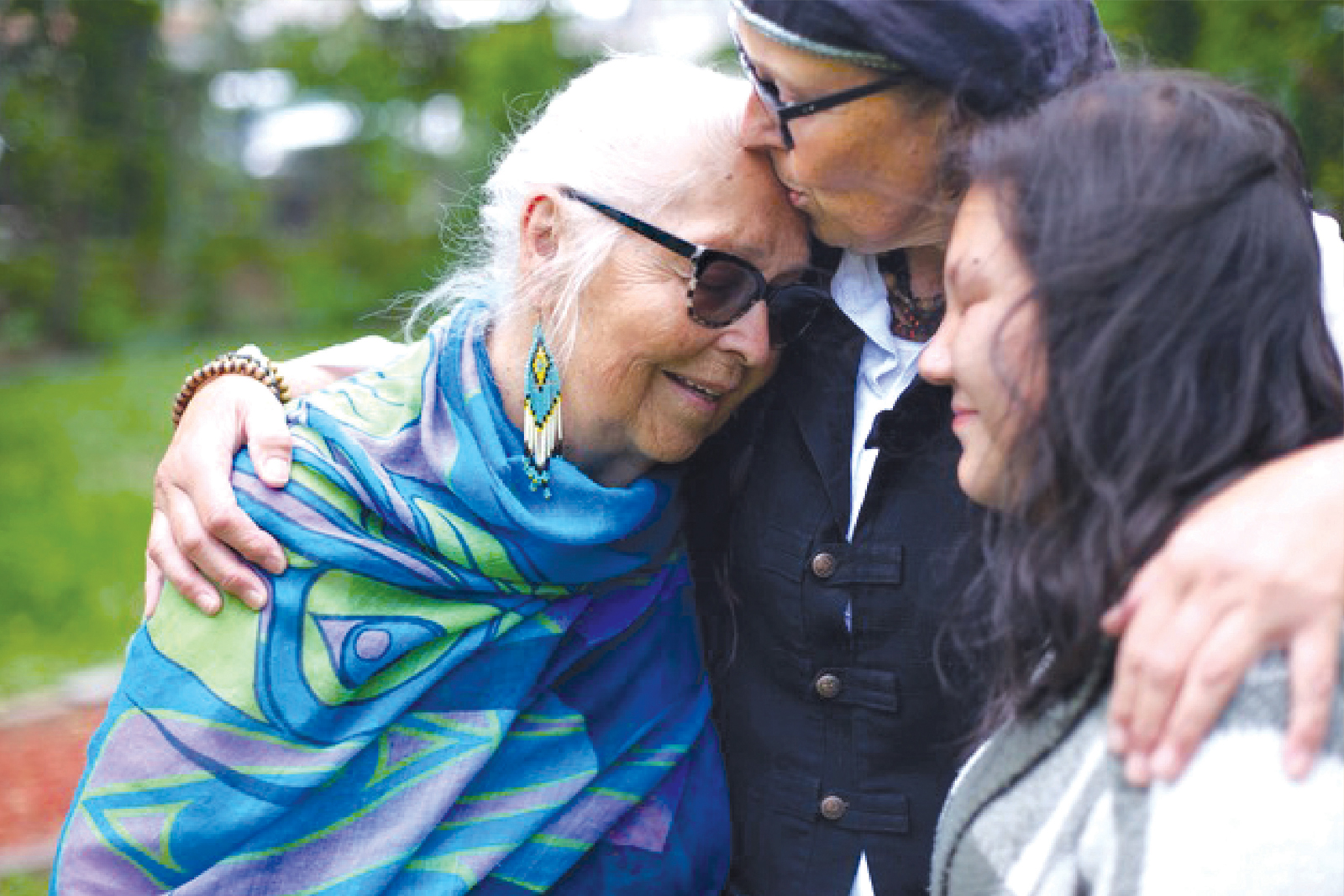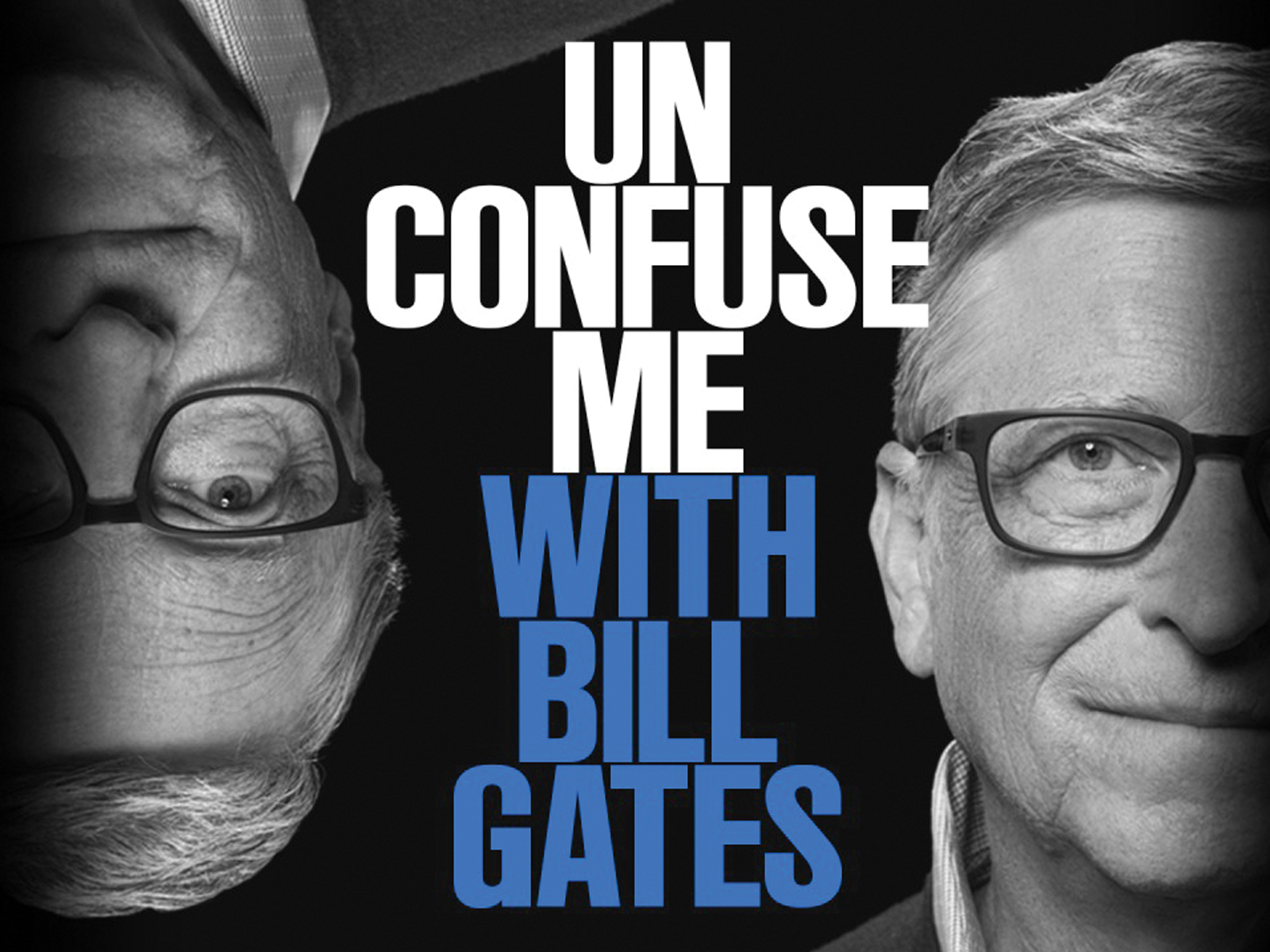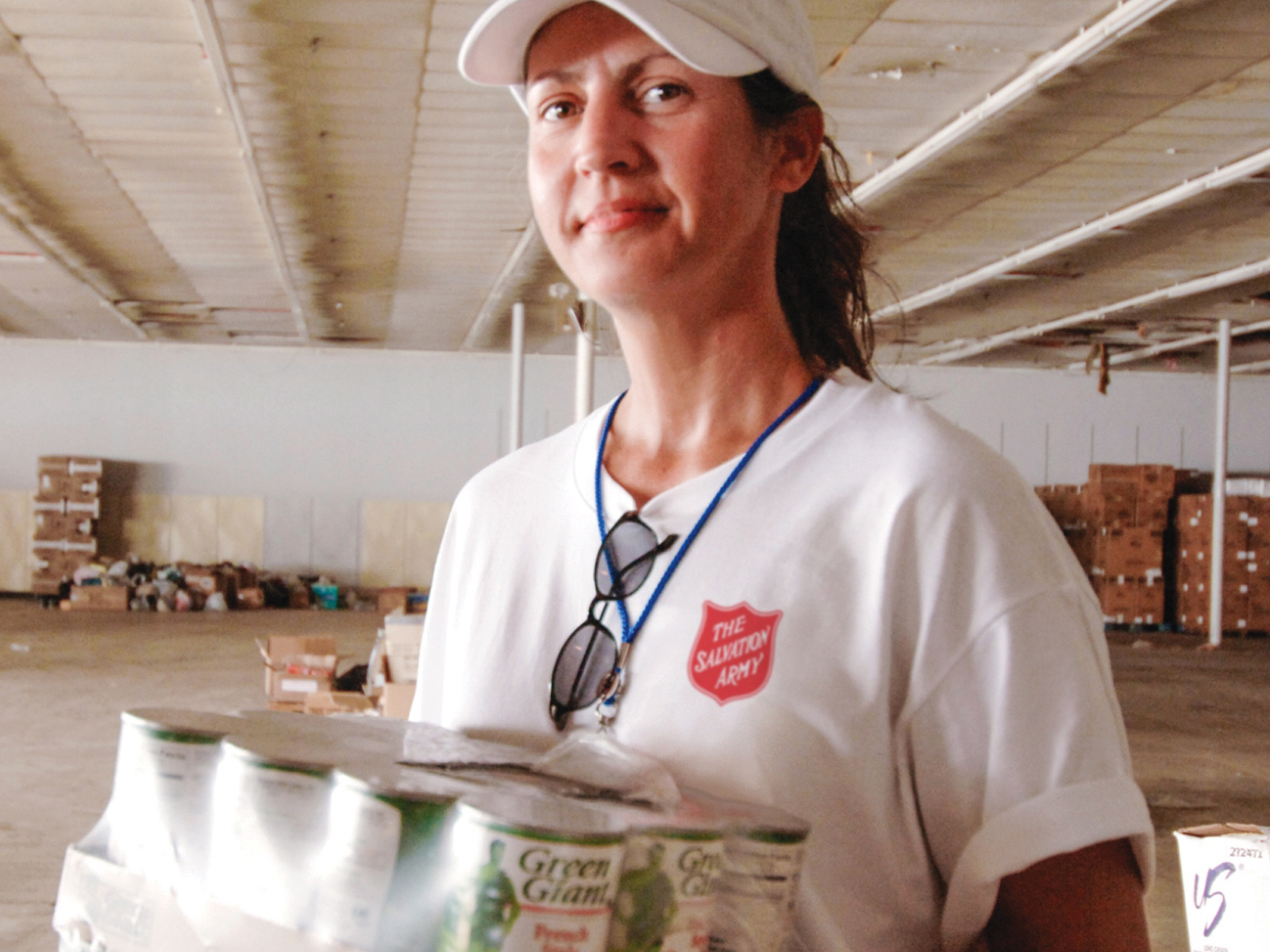Programs from VirtualHopsice.ca
Training tools
A series of training tools have been created to support culturally safe care that fills a national gap for Indigenous Peoples and people working in healthcare. Available for free online, the three online learning modules are grounded in Indigenous Peoples’ lived experiences and provide foundational knowledge for understanding systemic racism, colonialism, residential schools, and their impacts on Indigenous Peoples.
The modules also provide practical strategies to incorporate a cultural safety approach into your work and offer certificates of completion. They also explore traditional beliefs, values, and wishes with the goal of improving capacity to safely, thoughtfully, and respectfully engage with Indigenous Peoples and improving the quality of care for those living with advanced illness and their families.
Participants will also understand how systemic bias is harmful for Indigenous people and understand their role as an ally. The Learning Hub hosts six webinars with Indigenous Peoples covering various topics to build your capacity to deliver culturally safe care. Learning can also be supplemented at LivingMyCulture.ca where more than 700 brief video clips of Indigenous patients, families, Elders, and healthcare workers talk about the care that makes a difference using personal stories of First Nations, Inuit, and Métis people.
Booklet
Coming Full Circle: Planning for your care was supported by Elders and Knowledge Carriers Circle from across Canada, and project lead Holly Prince, an Anishinaabe-kwe from the Red Rock Indian Band, worked with the Canadian Virtual Hospice.
Coming Full Circle is about respecting and honouring culture, spirituality, and traditions. The booklet which can be used to ensure culturally specific care can be printed off or completed and saved online.
The booklet not only addresses “who” you wish to speak for you when you’re no longer able but also helps work out the “what” when it comes to care. Leading you through questions like “If you have to leave your community for care, who would you like to accompany you?” “If you were very sick, what would matter most to you?”
Gerry Martin, former nurse, and Elder-in-Residence at Lakehead University, explains, “We celebrate when new life comes in, but we don’t seem to put as much emphasis on celebrating when they walk on to the Spirit World… They’re free from the pain, and the suffering, and the not-knowing. Now they’re going to be with their friends and relatives who have gone before them, and it’s going to be a celebration when they cross over—like a party.”














